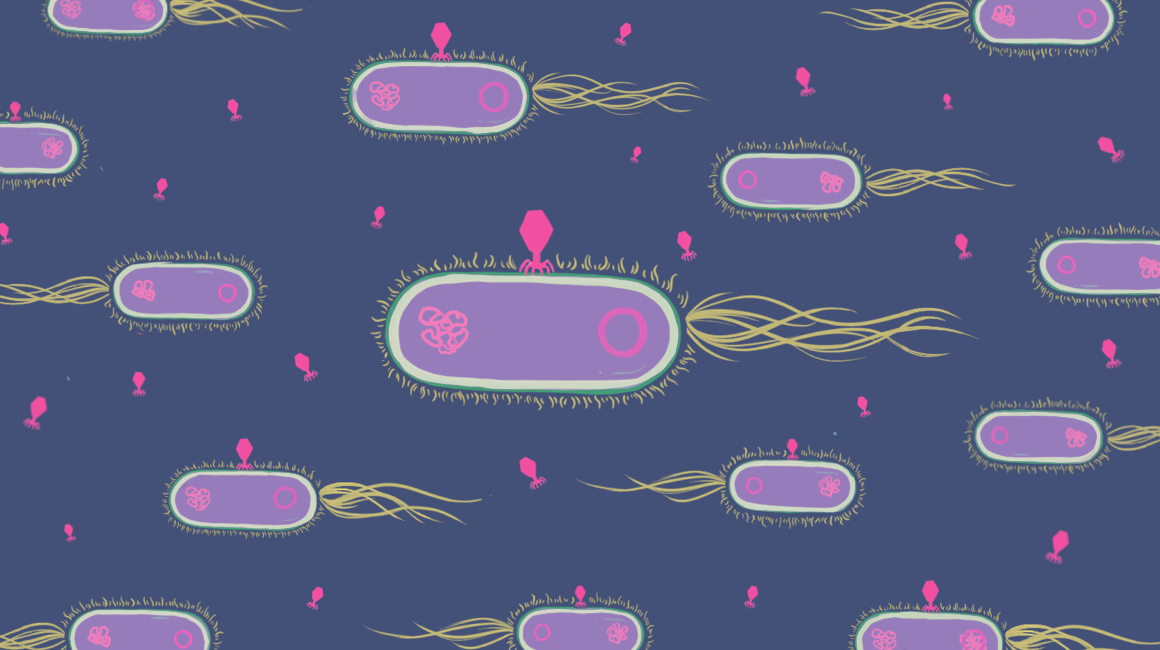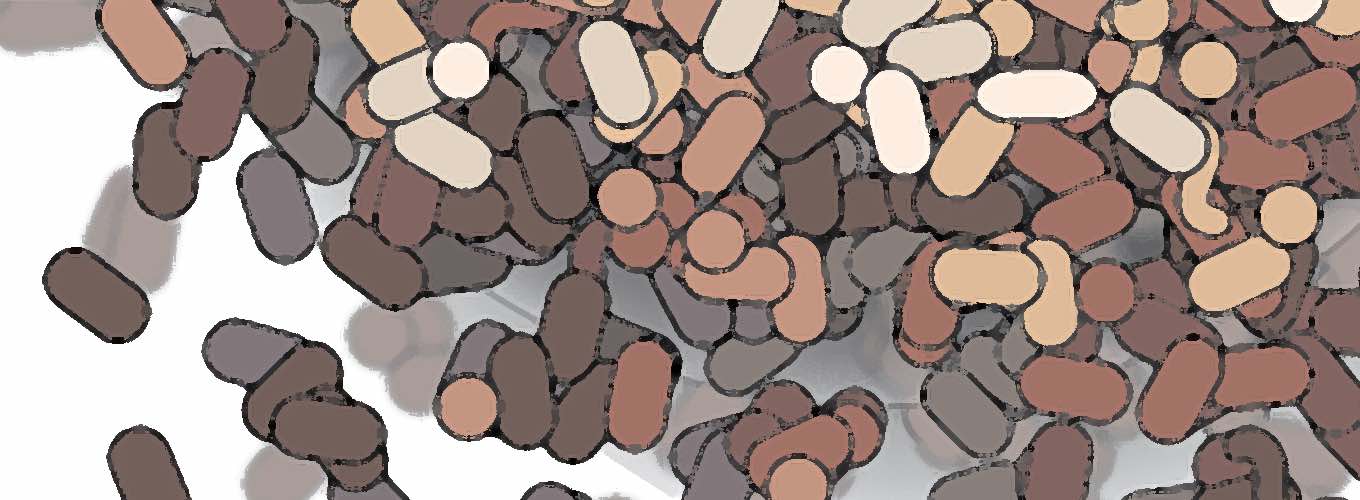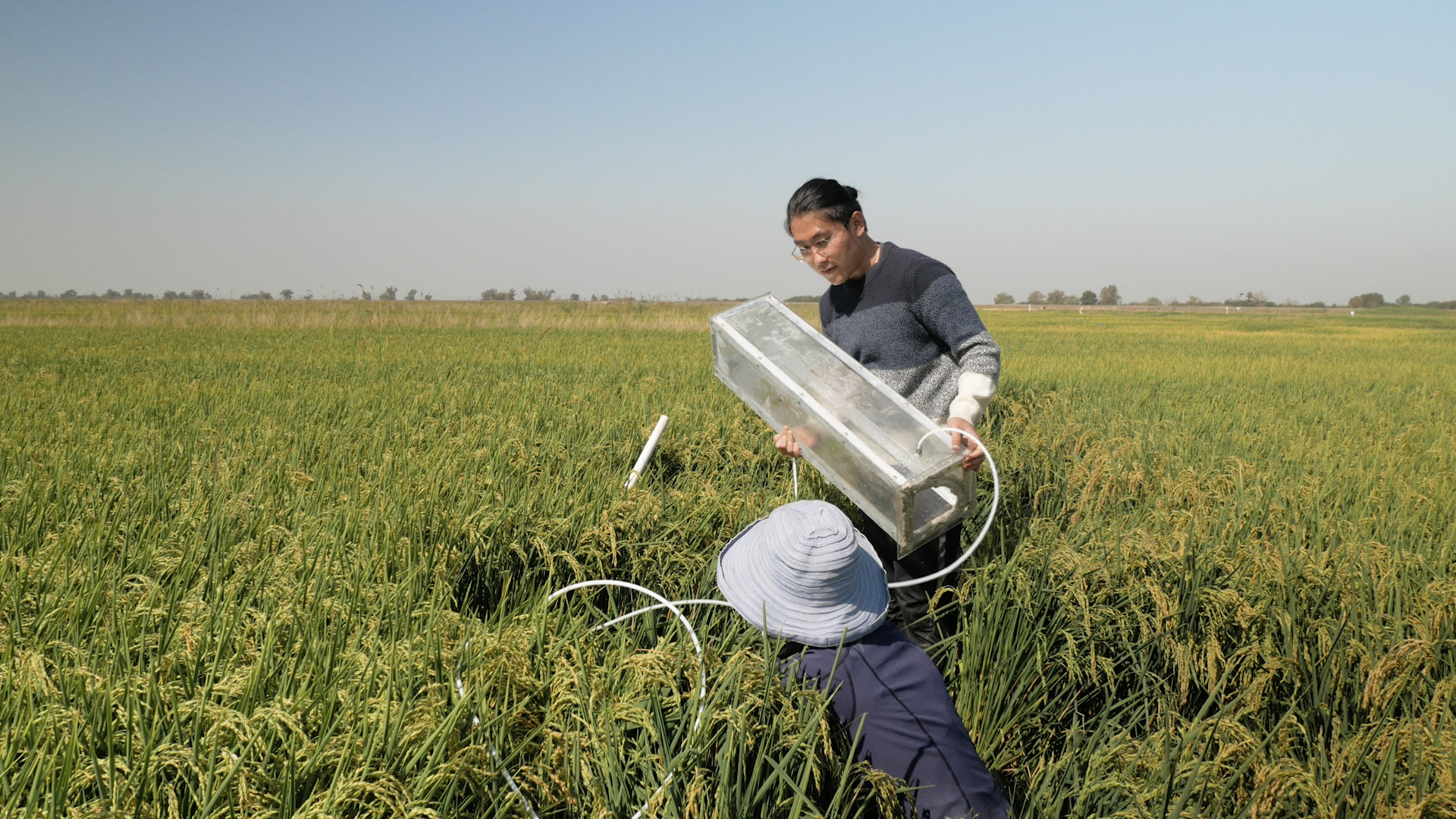
Early-Life Microbiome Interventions May Improve Health Outcomes for Pre-Term Infants
The first three months after birth are crucial period for the development of the immune system. Preterm birth, early use of antibiotics, and other factors that affect the microbiome can dramatically increase the risk for immune conditions like dangerous food allergies and asthma, as well as the risk of metabolic diseases.

“The general idea,” says Banfield lab grad student Yue Clare Lou, “is that the microbiome is training our immune system. They grow and evolve together. But preterm babies have a lot more pathogenic-looking bacteria in their gut and a lot less healthy bacteria.”
In a new paper published today in Nature Communications, Lou and other researchers in the Banfield lab took important steps towards personalized early-life interventions to promote a healthy microbiome and healthy immune development in preterm infants. First, they optimized conditions to grow infant microbiomes in the lab and characterize microbe community members, creating the possibility for high-throughput work in the future. Then, they examined the effect of adding human milk starches and beneficial bacteria strains to the communities, uncovering novel interactions that affect community structure.
“The idea is moving towards personalized medicine for preterm infants,” says Lou. “Ideally, we could look at the infant’s microbiome and from there understand what prebiotics and probiotics we could supplement them with.”
Learn more in Lou’s short video overview of the research:
 By
Hope Henderson
By
Hope Henderson



